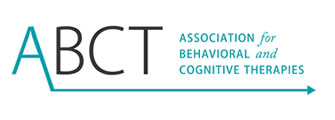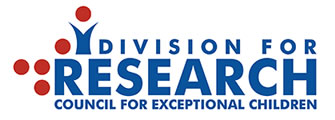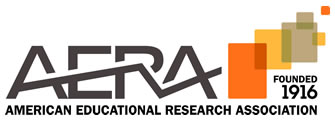
The transition to college is challenging for all students, but can be especially challenging for students with disabilities as their legal rights change. Under the Individuals with Disabilities Education Act (2004), they are guaranteed a free and appropriate public education until they graduate. Under this law, they are also entitled to receive both accommodations (e.g. extended deadlines on assignments) and modifications (e.g. alternate assignments) as well as specialized instruction and other related services (e.g. occupational therapy or counseling). Schools are responsible for identifying students with disabilities and with providing these services to students.
In contrast, colleges are only required to provide accommodations. This is because college students with disabilities are protected primarily under Section 504 of the Rehabilitation Act (29 U.S. C. §794, 1977). Examples of accommodations include the ability to take tests in a distraction-free environment, have additional time to take tests, and to register for classes before other students. To learn more, go to Getting accommodations.
The process of becoming qualified to receive accommodations is very different than the process in special education. At the postsecondary-level, students are required to disclose their disability to an official at the college and to provide documentation of this disability. This official will review the documentation and determine if they have a disability that makes them qualified to receive accommodations. This official will also decide which accommodations they will receive. It is beyond the scope of this post to discuss all of the intricate differences between the laws and policies at the secondary and postsecondary education systems. To learn more, go to Students with Disabilities Preparing for Postsecondary Education: Know Your Rights and Responsibilities.
There is a shift in responsibility from the schools to the students during this transition. The student has to request accommodations and has to work with their instructors to receive their accommodations. The systems for requesting accommodations and providing this information to instructors does vary across college campuses. Some universities will e-mail instructors with information about students who are requesting accommodations while others require the student to notify their professors.
Types of services offered to students with disabilities also vary across college campuses. Some colleges have robust programs for students with disabilities while others have a person who has part-time responsibilities for reviewing disability documentation and provide accommodations letters. In addition, some colleges offer additional services that are not legally mandated such as learning strategy instruction, executive function coaching, and other programs designed for specific populations of students such as social programming for individuals with Autism Spectrum Disorders. There is incredible variation across these programs and often, as these services are not legally required, they usually involve additional fees, which may not be covered by financial aid.
Your role as a parent also shifts during this process. As soon as your child turns 18, your rights under IDEA end and your child becomes the main decision maker at meetings. Secondly, under the Family Educational Rights and Privacy Act (FERPA) (20 U.S.C. § 1232g; 34 CFR Part 99) at age 18, they also hold the rights to the privacy of their educational records. This mean that colleges cannot legally share information with parents without explicit permission from the student. For more information on FERPA, see Family Educational Rights and Privacy Act. This means that your child must initiate the process of requesting services in college and must be able to advocate for themselves during the process.
There are still multiple ways in which parents can help their children during this process of getting services at the college level:
- Ensure that your daughter/son has a recent comprehensive evaluation (either from the school or from an outside psychologist) that documents their disability and their history of using accommodations.
- Assist your child in learning to self-advocate. One way to do this is by asking their special education teacher to have them learn how to request accommodations from their regular education teachers.
- Help your child do research on the disability support and services offered at the colleges they are considering.
- Be sure that you talk with disability services personnel when you are visiting college campuses. It is important to encourage your child to ask questions during those meetings.
- After your son/daughter has chosen a college, you should encourage them to contact the disability services office as soon as they are admitted so the documentation can be reviewed before classes start. Remember you child is the only person who can legally request the services.
Proper citation link for this blog post:
Gelbar, N. (March 20, 2018). Supporting Your Child During the Transition to College. Retrieved from http://infoaboutkids.org/blog/supporting-child-transition-college/
















